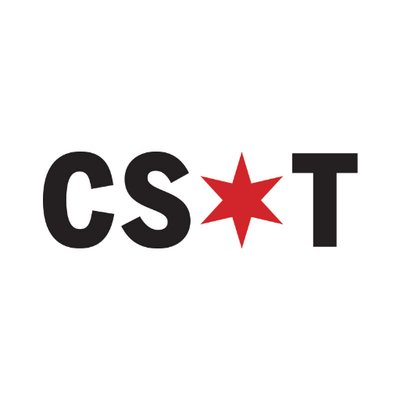



SPRINGFIELD — Lawmakers left Springfield on Thursday with a bipartisan agreement on a measure that will lift a 36-year moratorium on new nuclear power plants in the state — and Gov. J.B. Pritzker has vowed to sign it.
Proponents say smaller nuclear reactors will help get the state to its goal of being carbon-free by 2045 by providing an alternative to coal and natural gas. Opponents, however, say new nuclear power plants would take away resources from renewable energy, adding that there are more cost-friendly ways to reach the state’s clean energy goals.
The measure, which cleared the Illinois House 98-8, lifts the ban on nuclear reactors less than 300 megawatts beginning January 1, 2026. The Illinois Senate cleared the legislation on Wednesday. Rules establishing issues like environmental monitoring and emergency preparedness would also be due by that date, with the Illinois Environmental Protection Agency providing consultation.
Pritzker in August vetoed the moratorium lifting approved in a separate bill, saying it did not provide regulatory protections for the health and safety of Illinois residents. Pritzker also said there was an “overly broad definition of advanced reactor” that could open the door to large-scale nuclear power plants. Environmental groups like the Sierra Club and the Illinois Environmental Council had asked for the veto.
But a measure filed by State Sen. Sue Rezin, R-Morris, and State Rep. Lance Yednock, D-Ottawa, during the veto session seemed to address those concerns, adding in provisions that would task the Illinois Emergency Management Agency with oversight of newly installed reactors.
Instead of working to override the veto, the governor’s team negotiated on the new measure with senators. The legislation was supported by labor, and the Illinois Environmental Council took a neutral stance on the new measure.
“This new bill addresses my concerns from the spring session’s proposal and I’m looking forward to reviewing and signing it when it reaches my desk,” Pritzker said in a statement. “Illinois is already a leader in clean energy under the Climate and Equitable Jobs Act, an developing an on-ramp for responsible small nuclear reactor development is another step towards a cleaner, climate-friendly future for our state.”
The legislation also authorizes Pritzker to commission a study to research the state’s role in guiding the development of new nuclear technology.
“In order to achieve our clean energy goals, we may have to invest in more nuclear generated carbon-free energy,” Yednock said on the House floor. “The policy does not subtract from the growth of wind and solar energy.”
Yednock said the legislation was created to deal with the adequacy and reliability of energy in the state, which has seen multiple power-generating facilities shut down. That has forced the state to purchase “dirty generated energy for a higher price from out of state.”
“We need to be the leader in clean energy generation and small modular nuclear reactors are a potential part of that portfolio,” Yednock said.
During a press conference after the House vote, Rezin said the legislation is intended to tell advanced nuclear companies that “Illinois is open.”
“There’s other companies and countries such as Russia that are looking to sell the technology to other countries, such as America,” Rezin said. “We don’t want that. We want everything here in America and [to] make sure that we have safe, secure energy.”
